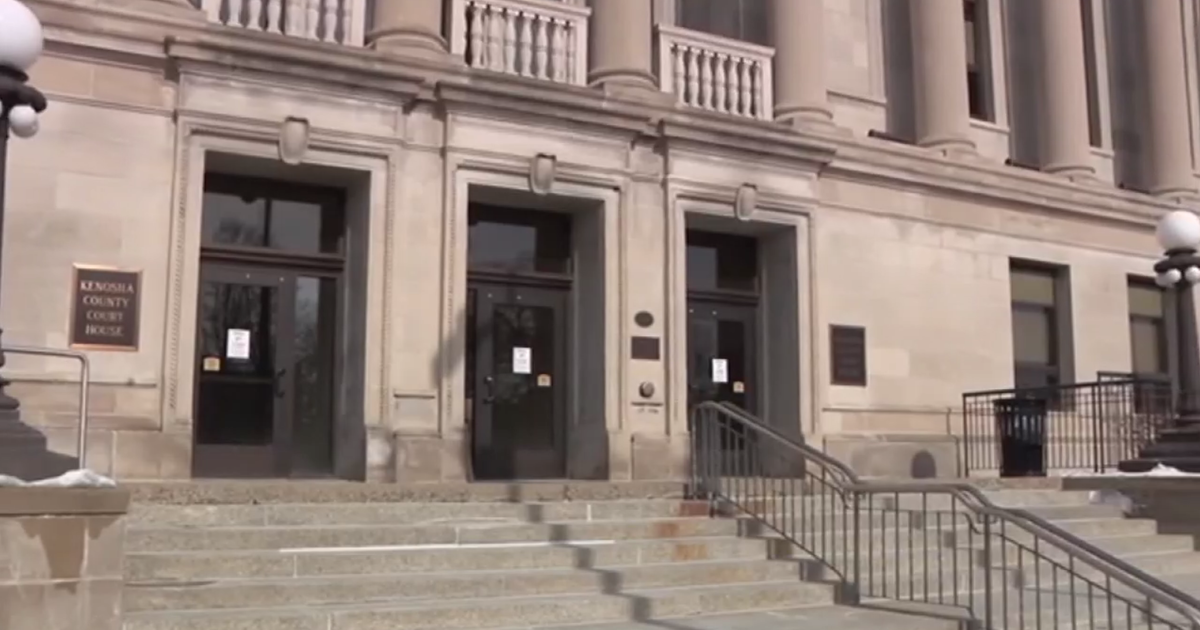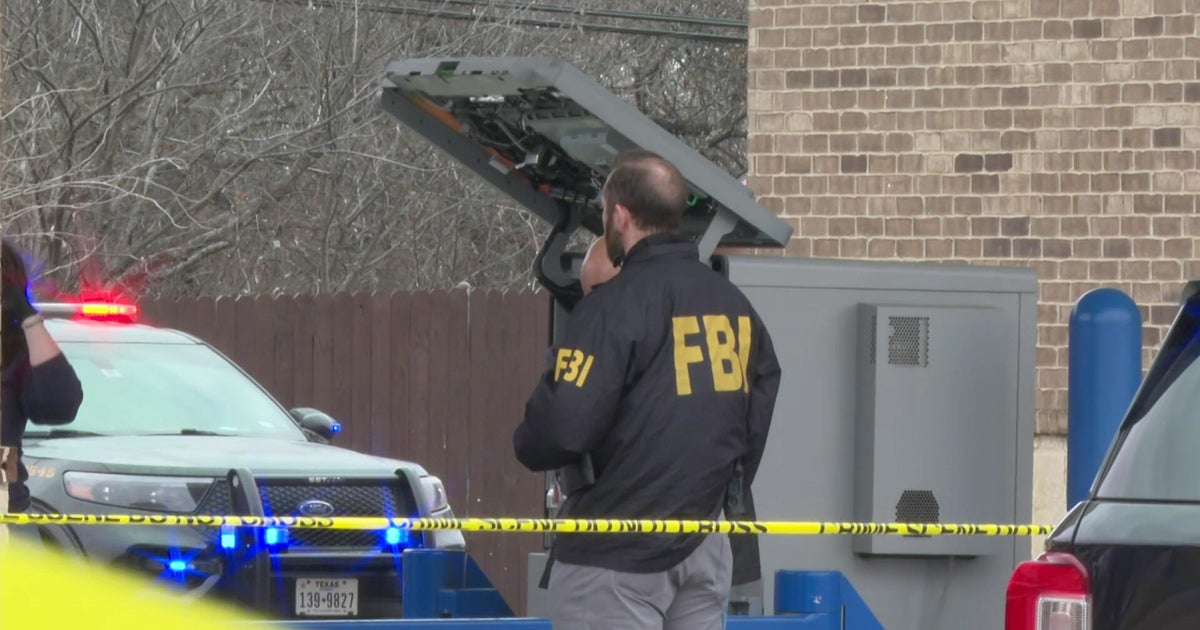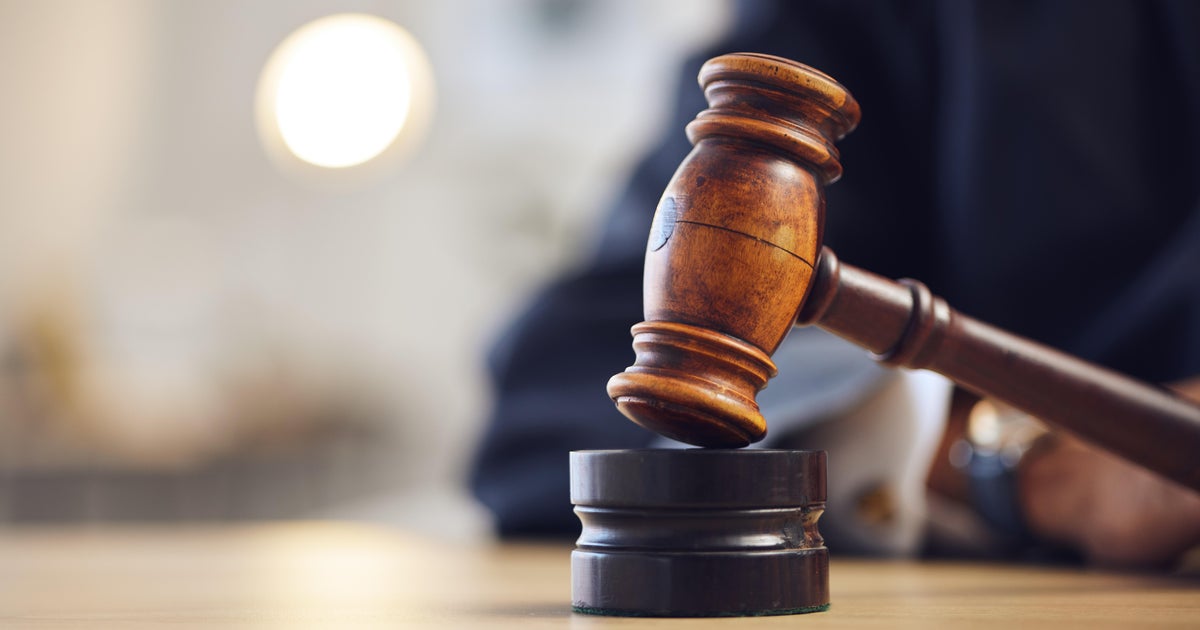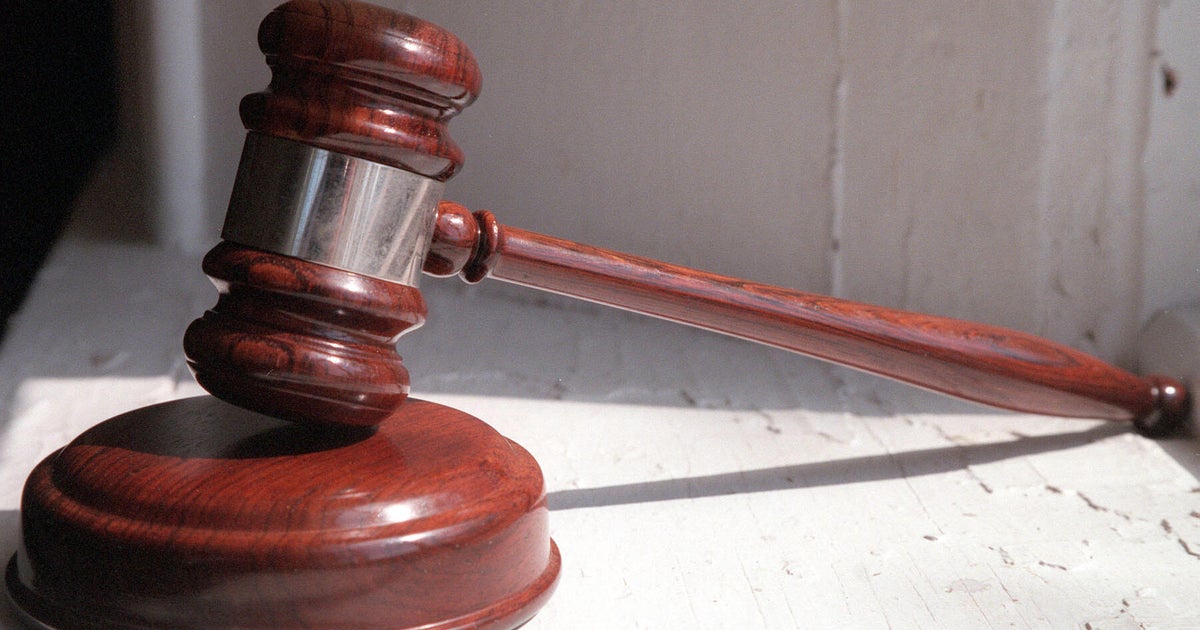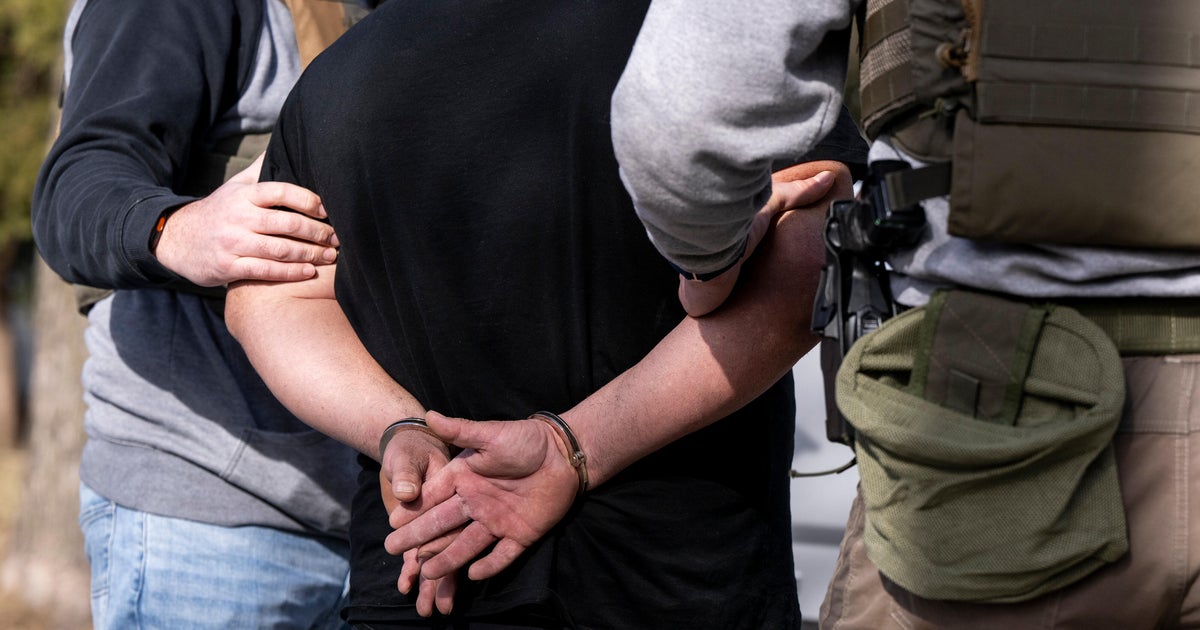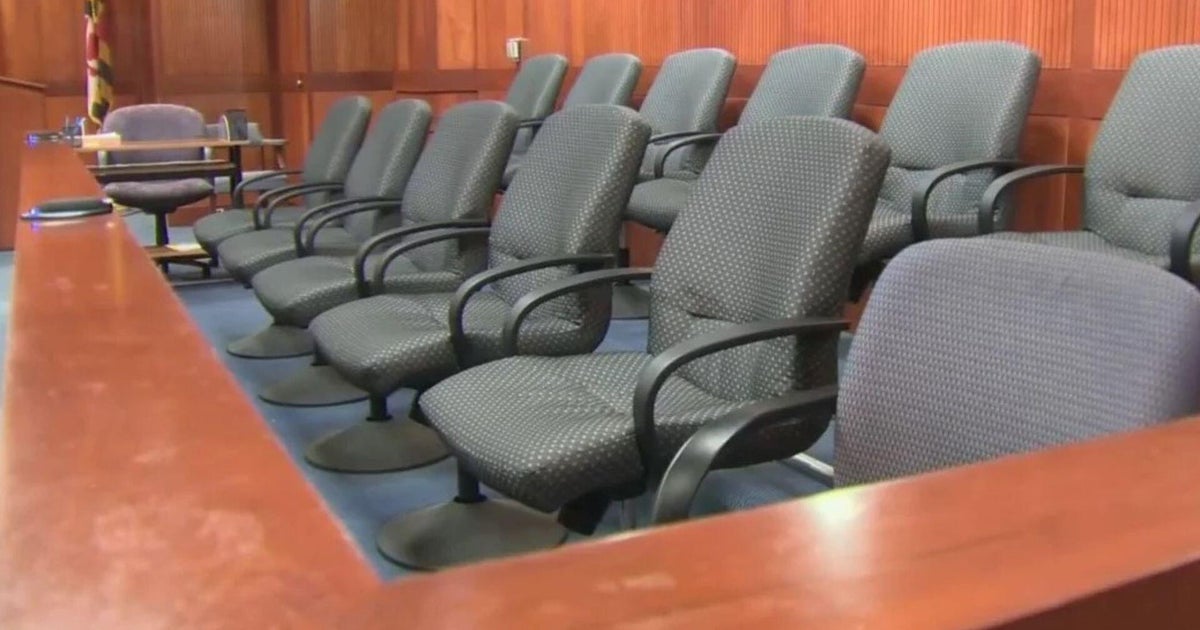Judge Refuses To Dismiss GI's WikiLeaks Case
FORT MEADE, Md. (AP) -- A military judge refused on Wednesday to throw out the case against an Army private accused of providing reams of sensitive documents to WikiLeaks in the biggest leak of government secrets in U.S. history.
Army Col. Denise Lind said she will rule Thursday on whether to dismiss any of the individual charges against Pfc. Bradley Manning, including the most serious count of aiding the enemy -- which carries a maximum penalty of life in prison. Prosecutors argue that the leak helped al-Qaida and that Manning knew its members regularly viewed the anti-secrecy website.
Manning hasn't entered a plea to the charges. He also hasn't yet decided whether he will be tried by a judge or a jury. Lind scheduled Manning's trial for Sept. 21 through Oct. 12.
He is accused of sending hundreds of thousands of classified documents to WilkiLeaks, a website founded by Julian Assange, in late 2009 and early 2010.
Manning's lawyers had sought dismissal of all 22 charges, contending prosecutors had failed their duty to share information that could be helpful to the defense, a legal process called discovery.
Lind agreed that prosecutors had wrongly assumed the discovery rules didn't pertain to classified information but she found no evidence of prosecutorial misconduct, turning down the motion to throw out the case.
She heard arguments later on defense motions seeking dismissal of individual charges.
Defense attorney David Coombs said a conviction for aiding the enemy would require the government to show that Manning sent WikiLeaks the material with a "genuine evil intent" that it be seen by al-Qaida.
Manning's alleged motive, as he stated in his online chat logs with a confidant-turned-informant, was "I want people to see the truth."
Absent an evil intent, Coombs said sending intelligence information to WikiLeaks without authorization was no different
than giving it to the The New York Times or The Washington Post -- a punishable offense, perhaps, but not as serious a crime as the government alleges.
"What the government's really trying to say is, `He should have known better,"' Coombs said.
He said it wouldn't be surprising if al-Qaida saw the material.
"Anyone can find anything if it's posted on the Internet. Everyone knows that," he said.
But prosecutor Capt. Joe Morrow said the government needs only to show that Manning knew that the enemy would see the material and that he sent it without authorization.
"I could have the purest motives in the world. But if do something knowingly and without proper authority in terms of
interacting with the enemy, that's a violation," he said.
Lind also ruled Wednesday that Army prosecutors don't have to provide the defense with transcripts of federal grand jury testimony about the WikiLeaks disclosures.
Manning's lawyers were seeking transcripts from a federal investigation into whether Assange can be prosecuted for the
disclosure of information that authorities say was provided by Manning. Lind said that while the FBI and the Army have jointly pursued a WikiLeaks investigation, military prosecutors have no authority to release FBI documents.
The 24-year-old Oklahoma native was ordered court-martialed after he was accused of downloading the documents, diplomatic cables and video clips, then sending them to WikiLeaks. He was working as an intelligence analyst in Baghdad when authorities say he copied classified material from government computers in late 2009 and early 2010.
The material WikiLeaks published included cockpit video of a 2007 U.S. Apache helicopter attack that killed a number of civilians, including a Reuters news photographer and his driver. The U.S. government says the civilian deaths were accidental.
Morrow acknowledged in court Wednesday that the video was not classified, although Manning allegedly got it from a Defense Department computer network intended for classified material. He is charged with "having unauthorized possession" of the video clip.
Manning has been in pretrial confinement since he was charged in May 2010. His treatment at a Marine Corps base caused support for him to swell. The Quantico, Va., brig commander kept Manning confined 23 hours a day in a single-bed cell, citing safety and security concerns. For several days in March 2011, he was forced to sleep naked, purportedly for injury prevention, before he was issued a suicide-prevention smock.
Manning's supporters have raised funds to place posters in the Washington Metro subway system this week portraying him as a whistleblower, patriot and hero.
(Copyright 2012 by The Associated Press. All Rights Reserved.)
